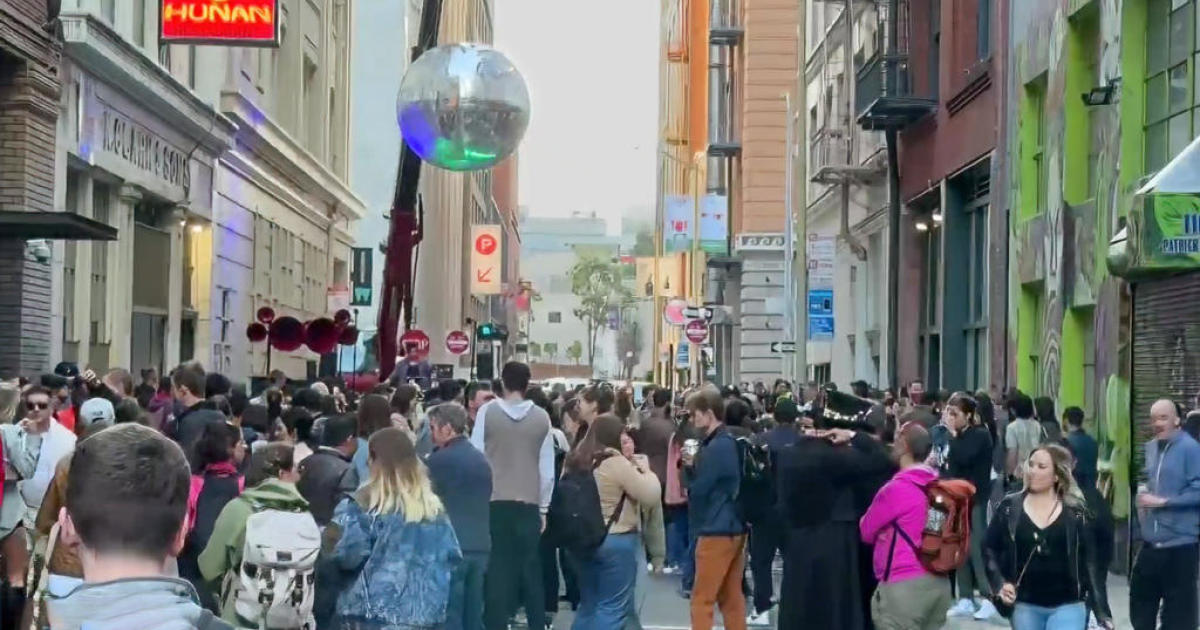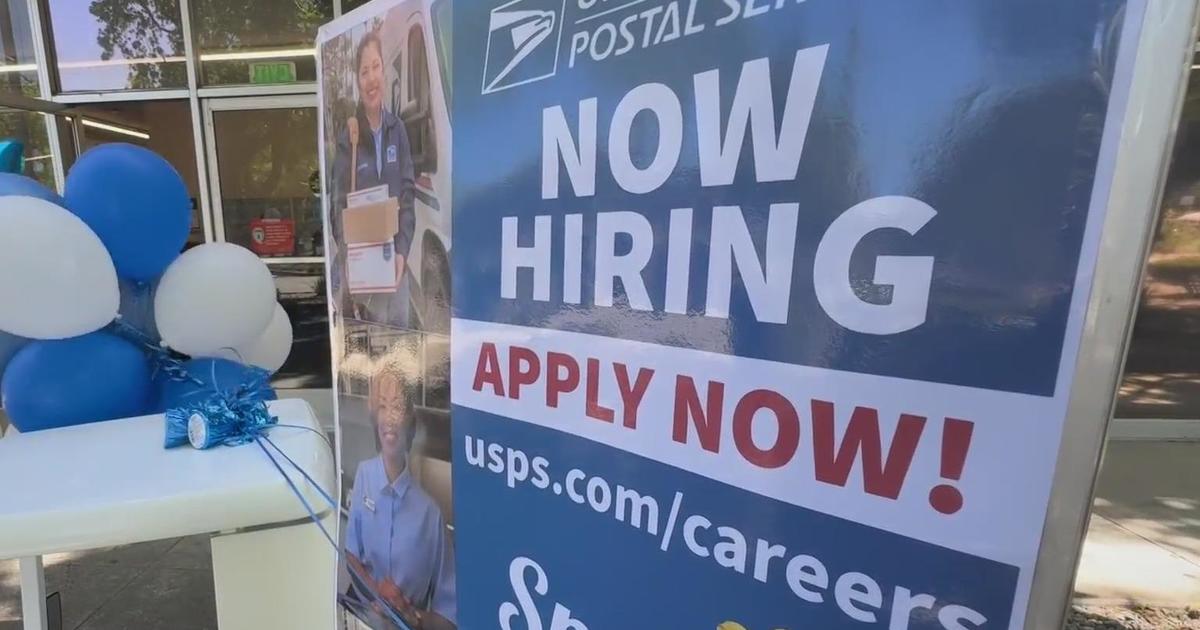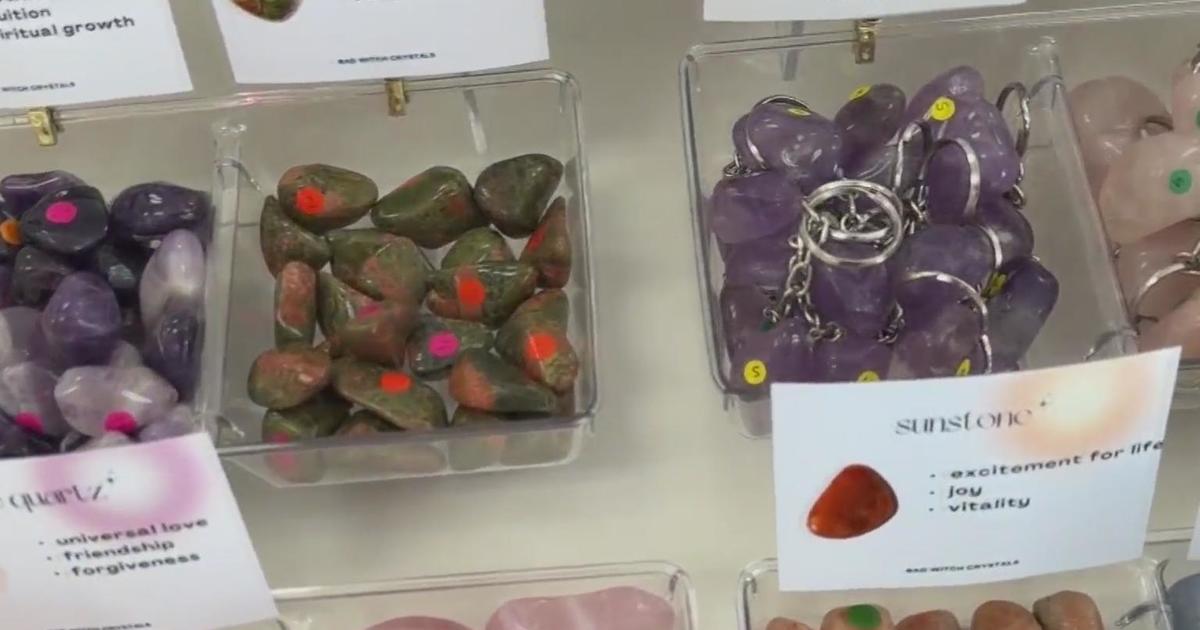San Francisco woman believes a conservatorship could have prevented her daughter's drug overdose
SAN FRANCISCO — City leaders in San Francisco said conservatorship is only used as a last resort, but with the current drug crisis, it could be an important tool in extreme cases – like Diana Staros.
"I still don't quite believe it. I still feel like she's out there somewhere," said Diana Staros's mother, Alison Monroe.
Staros died fall of 2023 after overdosing in a laundromat bathroom. Monroe said her daughter battled an addiction to meth and fentanyl for almost a decade. She tried and failed to get clean multiple times.
Monroe thinks she might still be alive if there was a way to force her into treatment.
"They could have said, 'You don't have the sense not to take these kind of drugs. You need to be kept away from them until you know you're well enough to keep away from them,'" said Monroe.
That's the idea behind the changes to the conservatorship law. Before Jan. 1, someone could only be placed in long-term involuntary treatment if they could not provide for food, clothing and shelter for themselves due to a mental illness or alcoholism. After the first of the year, SB-43 expanded that to include people with drug addictions.
"It's another opportunity for us to help all those in need if we can," said Kelly Dearman, who is the head of the San Francisco Department of Disability and Aging, which oversees the Office of Conservatorship.
She said the city was aware of the impending change to the law, and started increasing staffing in the office to start implementing treatment right at the start of the year.
"We already have our public conservator ready. We work very closely with our partners, so we thought we could start now," said Dearman.
San Francisco Mayor London Breed is the one who has been pushing the city to start helping those in need as quickly as possible.
"We're ready to do it. We have departments who are already doing it, and it's just a matter of adding and increasing the capacity to be able to take people in," said Breed.
Whether it makes a difference on the street of San Francisco remains to be seen. The process to strip someone of their rights to make their own choices will be the option of last resort.
But for people like Staros, her mother said sometimes that's the only option left.
"I think she would still be alive. Definitely she would still be alive, because it gives them another tool to work with, and I hope they implement it as soon as possible," she said.
Opponents of the conservatorships said involuntary treatment does not work, and the funding should instead be spent on mental health treatment and housing.
Meanwhile, the city told KPIX it is still working on a way to track how many people have been forced into treatment. Other Bay Area counties said they need more time to work out the logistics and finances.
Contra Costa County plans to wait until 2026, which is the longest delay allowed. Marin County said it would take action by then, and Santa Clara County plans to hold a meeting in late February on the topic but has yet to give a timetable.



